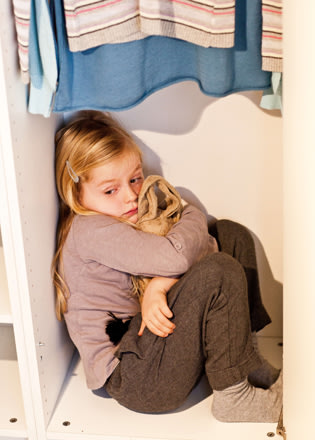Belittling, ridiculing or threatening your child as harmful as physical assault, says study
 Psychological child abuse is worse than physical abuse © Rex (picture posed by model)
Psychological child abuse is worse than physical abuse © Rex (picture posed by model)
But it turns out that words are actually more harmful to a child’s development than a kick or a punch.
Researchers at McMaster University in Canada have found that psychological abuse is the most challenging and prevalent form of child abuse – yet it’s widely under-reported.
Psychological child abuse includes:
• Belittling a child• Ridiculing them for showing normal emotions
• Singling them out or humiliating them in public
• Putting them in chaotic/unpredictable circumstances or dangerous situations
• Threatening a child with violence
• Isolating them and restricting social interaction
• Corrupting them by encouraging antisocial behavior
• Restricting or interfering with a child’s cognitive development
• Being detached from them
• Providing little warmth, nurturing or praise
"We are talking about extremes and the likelihood of harm, or risk of harm, resulting from the kinds of behaviour that make a child feel worthless, unloved or unwanted," says Dr. Harriet MacMillan, a professor at the university.
She gave the example of a mother leaving her infant alone in a crib all day, or a father involving his teenager in his drug habit.
Raising your voice at a child after you’ve asked them eight times to put on their trainers is not psychological abuse, she said.
"But, yelling at a child every day and giving the message that the child is a terrible person, and that the parent regrets bringing the child into this world, is an example of a potentially very harmful form of interaction,” said MacMillan.
Psychological child abuse is widely under-reported, but it’s said to affect eight to nine per cent of women and four per cent of men and can lead to problems in later life, according to the study.
It’s been linked with disorders of attachment, developmental and educational problems, socialisation problems and disruptive behaviour.
“The effects of psychological maltreatment during the first three years of life can be particularly profound”, added MacMillan.
Yahoo Lifestyle
No comments:
Post a Comment